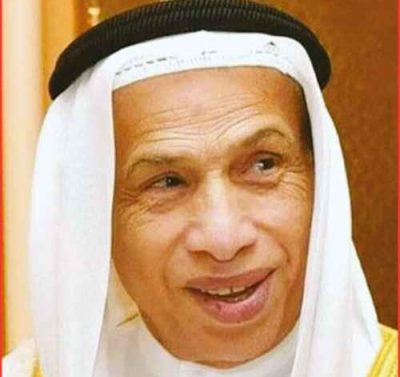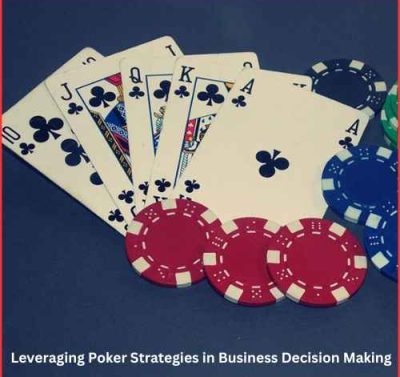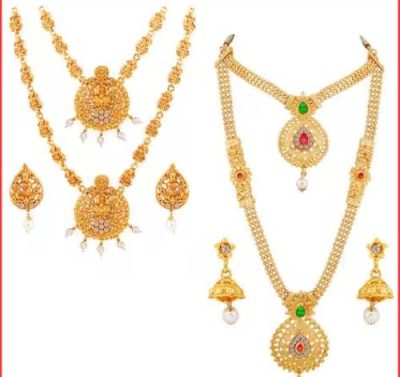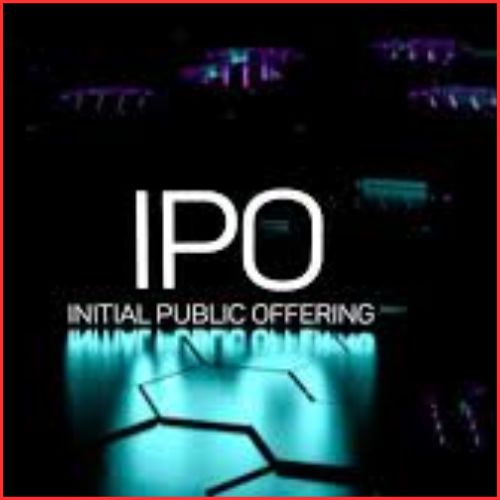Sisodia reportedly changed the excise policy to accommodate the South Group’s desires in exchange for a Rs 100 crore advance payment. The money was purportedly provided to one Vijay Nair, the Aam Aadmi Party’s communication in-charge, in a South Delhi hotel by officials of the South Group.
The alleged relationship between Manish Sisodia, the Deputy Chief Minister of Delhi, and a liquor lobby known as the ‘South Group’ is what prompted the CBI to arrest him yesterday. According to the authorities, a device taken from the excise department office and evidence from Sisodia’s secretary indict Sisodia. The following are the claims made by investigation agencies against Sisodia, which he and his party have vehemently denied, calling the entire investigation politically motivated.
Sisodia reportedly changed the excise policy to accommodate the South Group’s desires in exchange for a Rs 100 crore advance payment. The money was reportedly delivered to one Vijay Nair, the Aam Aadmi Party’s (AAP) communication in-charge, in a South Delhi hotel by officials of the South Group. According to the investigation agencies, the policy, which was eventually rescinded, was meant to deliver unfair benefits to the liquor lobby the South Group.
According to a TOI report based on sources, the South Group met Nair in mid-March last year and utilized the business center of the hotel where they were staying to print and duplicate papers. On March 18, Sisodia handed over a paper to his secretary that included a draught of the Group of Ministers’ proposals on excise policy. This paper contained the same amount of pages that the South Group photocopied in the hotel using the hotel’s photocopier.
According to the investigation agencies, the identical number of pages show that the paper produced at the hotel by South Group was afterward handed over by Sisodia to his secretary. The paper, purportedly a draught of the GoM’s suggestions, increased the profit margin for wholesalers from 5% to 12% while also allowing for larger turnover criteria. The South Group, according to the investigation agencies, proposed the adjustments.
The CBI filed the first chargesheet in the case on November 25 last year, alleging that the excise policy was designed to encourage cartelization, monopoly, and a 12% profit in exchange for a payment of Rs 100 crore given to Nair through Dinesh Arora, a close friend of Sisodia.
Sources claimed that the computer confiscated from Sisodia’s office and his secretary’s legal statement reportedly implicated Sisodia. The CBI connected one of the excise policy draught papers to a separate system that wasn’t part of the departmental network while studying a digital device seized during the August 19 search in the excise department. An excise official was questioned, and the computer was identified as Sisodia’s office computer.
According to reports, the CBI recovered some of the data with the assistance of its forensic team. According to the forensic assessment, the material originated externally and was obtained over WhatsApp.
When the CBI called Sisodia’s secretary, a 1996 batch DANICS officer, he indicated that the ‘12% profit margin clause’ originated on the draught of the GoM document that the CBI discovered was externally derived. According to the TOI report, the CBI recorded Sisodia’s testimony before a magistrate under Section 164 CrPC in order to make the secretary a prosecution witness.















